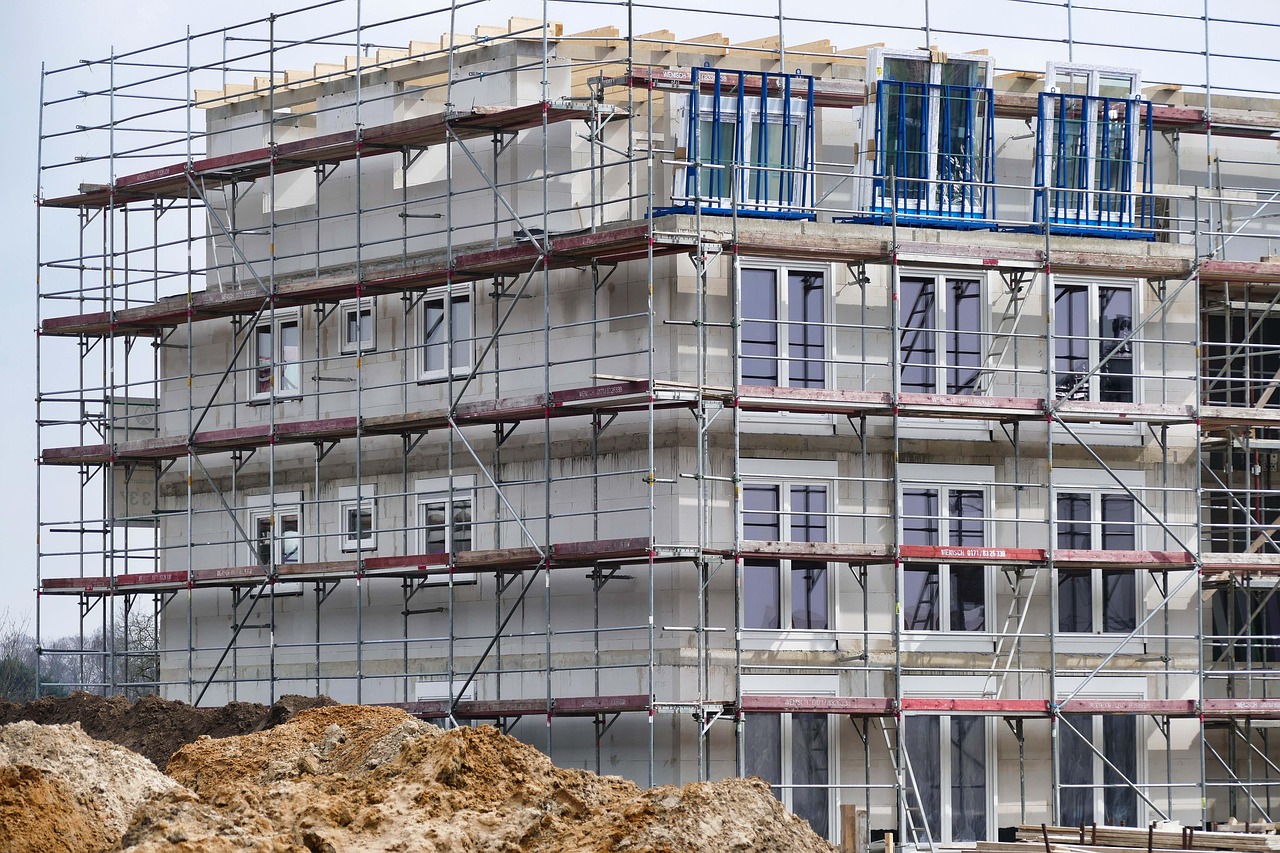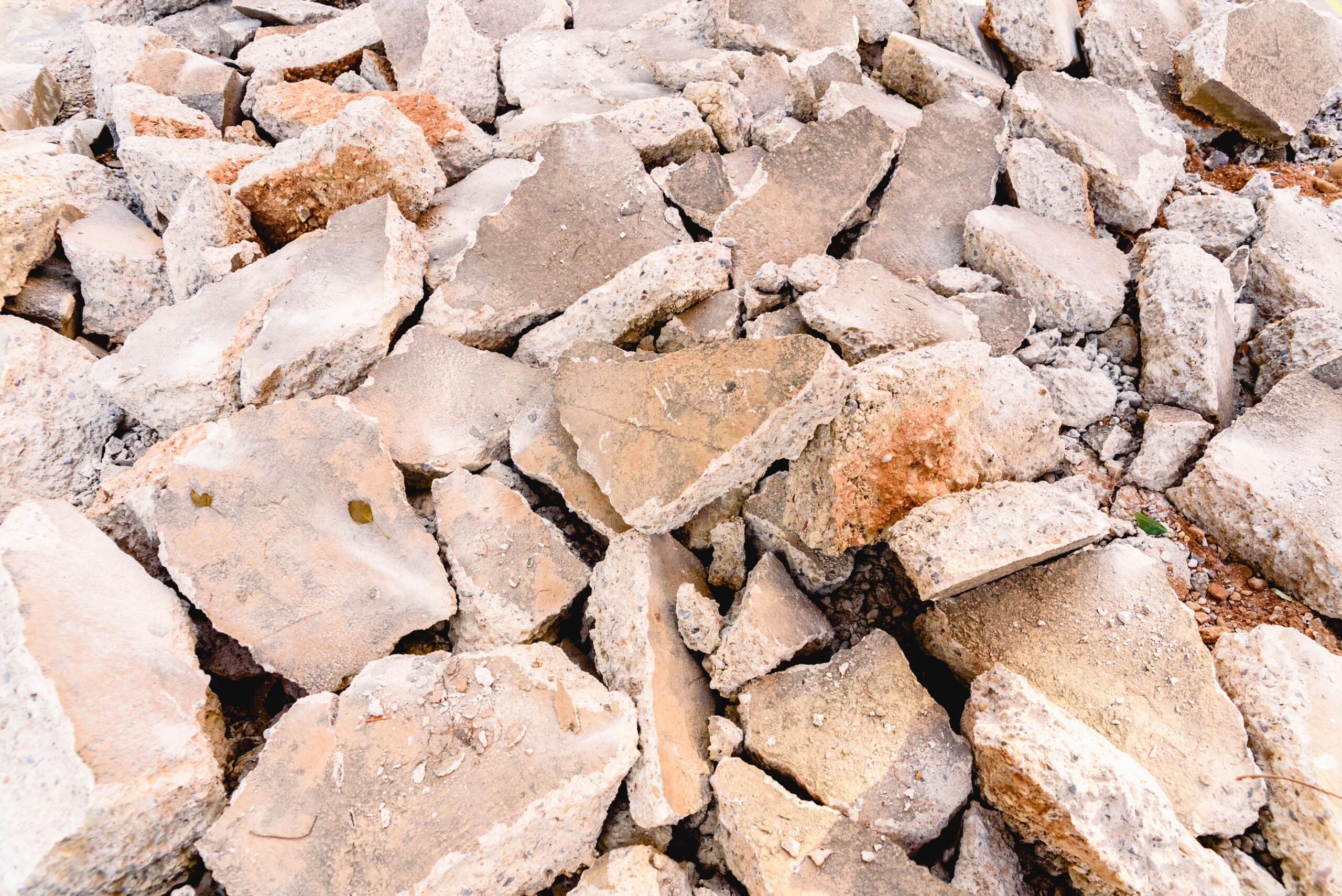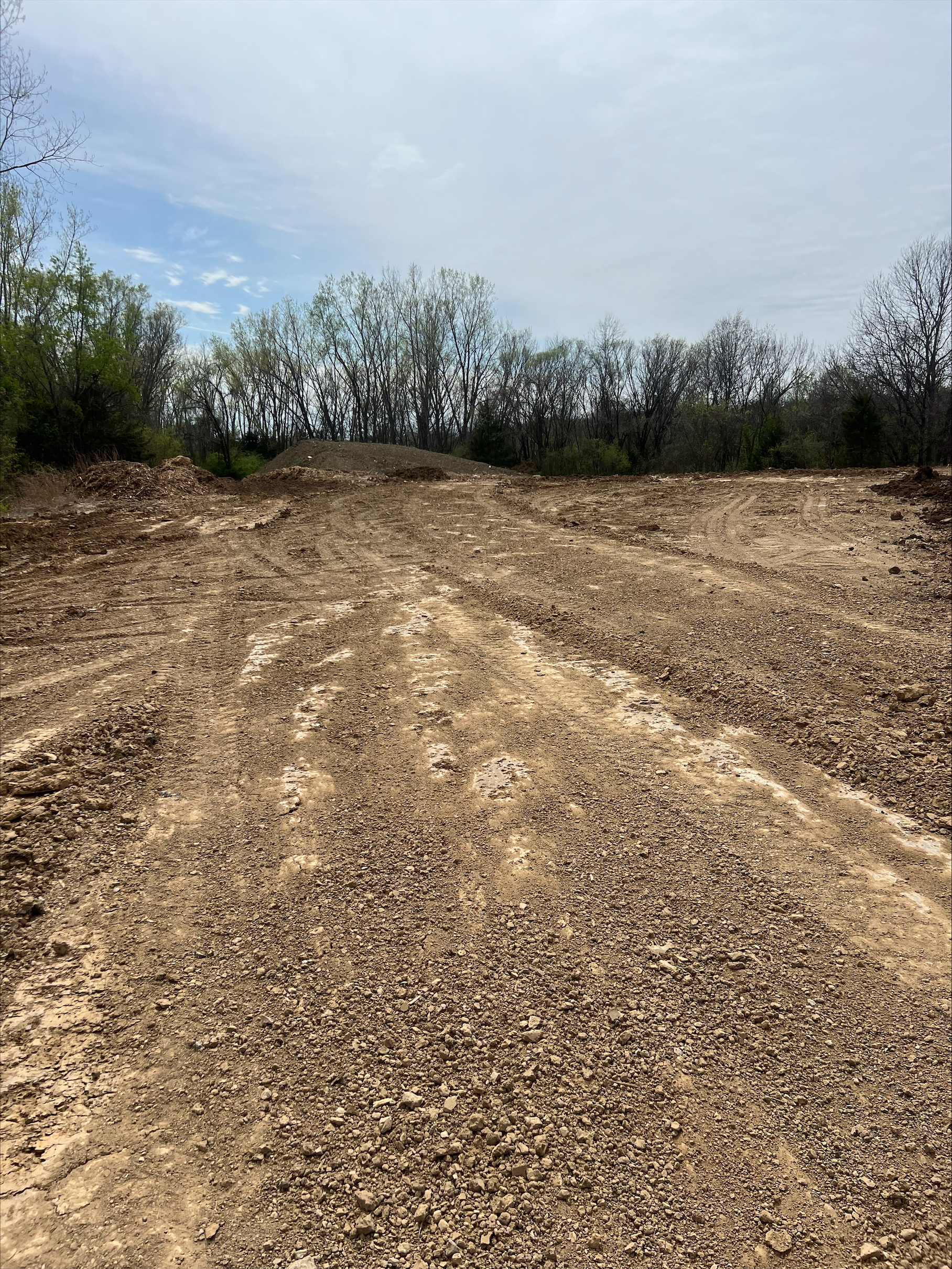The Role of Crushed Concrete Base in Strengthening Philadelphia’s Roadways
Introduction
Crushed concrete base is a sustainable and strengthful building material in Philadelphia. Learn how it benefits roadway construction!
Philadelphia’s road infrastructure is under constant pressure. Heavy traffic, fluctuating weather conditions, and continuous urban expansion all contribute to significant wear and tear. To combat these challenges, the city increasingly relies on crushed concrete base, a material that provides a durable and cost-effective foundation for road construction. This approach not only improves the stability and longevity of roadways but also promotes sustainability through the utilization of recycled materials.
Why Crushed Concrete is Ideal for Road Base
Crushed concrete possesses several key properties that make it an ideal material for road base:
- High Load-Bearing Capacity: One of the primary advantages of crushed concrete is its ability to withstand heavy vehicle traffic and significant structural stress. This characteristic is essential for maintaining road integrity in a bustling urban environment like Philadelphia. The material’s robust nature ensures that roads can endure the constant pounding from vehicles, preventing premature deterioration and extending their lifespan.
- Excellent Compaction Properties: Crushed concrete exhibits excellent compaction properties, allowing it to form a solid and stable base for asphalt or concrete paving. Proper compaction is crucial for preventing settling and shifting, which can lead to cracks and potholes in the road surface. By providing a firm foundation, crushed concrete minimizes these issues and contributes to smoother, safer roads.
- Cost-Effective Alternative: Utilizing recycled materials, such as crushed concrete, offers a more affordable alternative to virgin aggregates. This cost-effectiveness is particularly beneficial for large-scale infrastructure projects in Philadelphia, where budget constraints are often a concern. By opting for crushed concrete, the city can achieve substantial savings without compromising on quality or durability.
- Drainage Efficiency: Effective stormwater management is essential for maintaining road integrity and preventing flooding. Crushed concrete enhances drainage efficiency by allowing water to permeate through the base layer, reducing the risk of surface water accumulation. This feature helps protect the road surface from water damage and contributes to overall road safety, particularly during heavy rainfall.
Philadelphia Infrastructure Projects Benefiting from Crushed Concrete Base
The versatility and benefits of crushed concrete base make it suitable for a wide range of infrastructure projects in Philadelphia:
- Highways and Major Road Expansions: In projects involving highways and major road expansions, where traffic volume and load are substantial, crushed concrete provides the necessary durability and longevity. Its high load-bearing capacity ensures that these critical transportation arteries can withstand the rigors of constant use, maintaining smooth traffic flow and minimizing disruptions.
- City Streets and Local Road Repairs: For city streets and local road repairs, where budgets may be more limited, crushed concrete offers a cost-effective solution without sacrificing quality. Its ability to form a sturdy foundation ensures that even minor repairs can significantly improve road conditions and extend their lifespan. This is invaluable for maintaining the extensive network of smaller roads within Philadelphia.
- Parking Lots and Paved Public Spaces: Commercial projects, such as parking lots and paved public spaces, benefit from the budget-friendly nature of crushed concrete. By utilizing this recycled material, developers can reduce construction costs while still creating durable and reliable surfaces for vehicles and pedestrians.
- Bridge and Overpass Approaches: The approaches to bridges and overpasses require enhanced structural stability to handle the transition between different levels. Crushed concrete strengthens the subbase in these areas, ensuring that the structures can withstand the added stress and maintain their integrity over time.
Conclusion
The use of crushed concrete base in Philadelphia’s road projects is a strategic choice that supports cost efficiency, sustainability, and long-term durability. By sourcing materials from borrow pits and local recycling facilities, contractors can ensure affordable and eco-friendly solutions for city infrastructure. This approach not only strengthens the city’s roadways but also contributes to a more sustainable and resilient urban environment. As Philadelphia continues to grow and develop, the continued use of crushed concrete will play a vital role in maintaining and improving its infrastructure.




